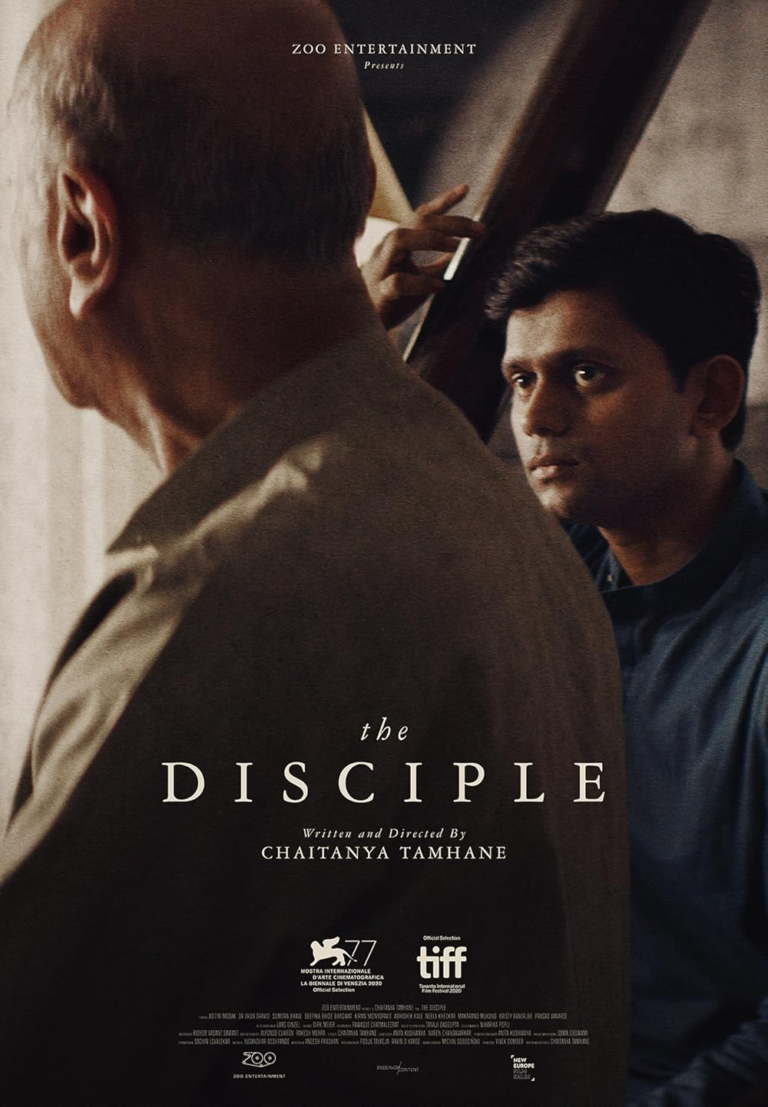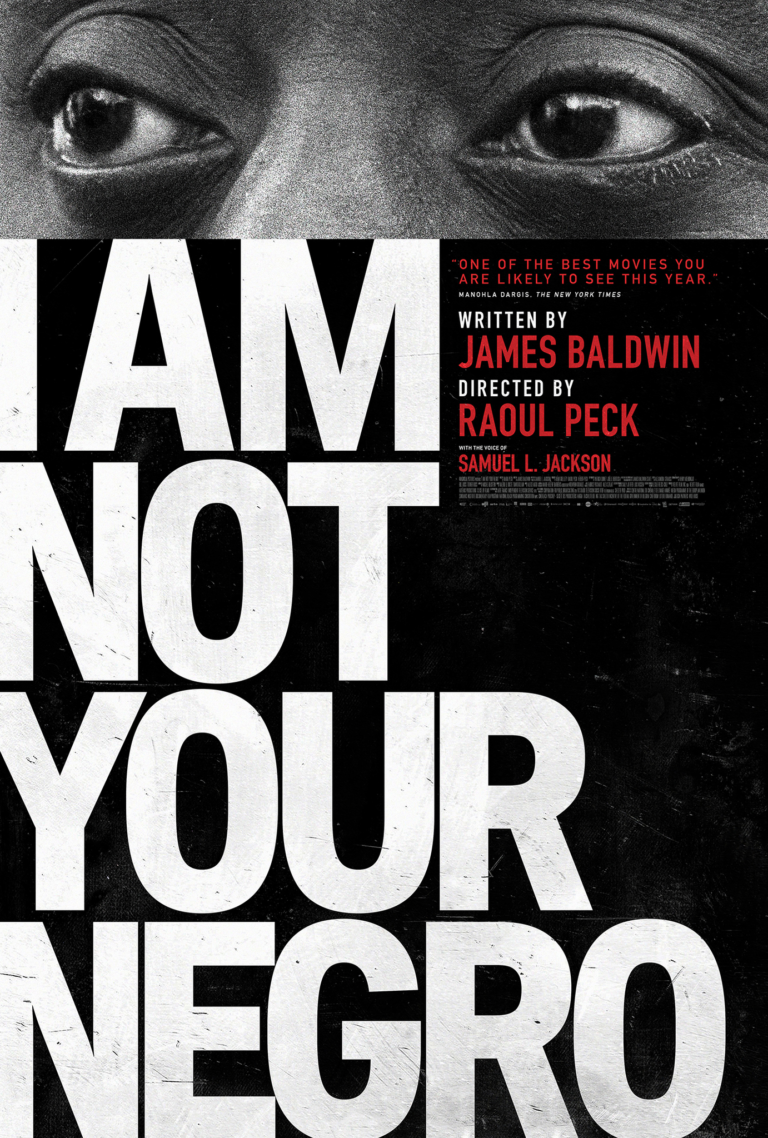Emilia Pérez Christian Review

There’s something refreshingly unpredictable about Emilia Pérez, a film that refuses to be boxed in by any typical genre label. This isn’t your average musical or crime thriller, and it’s far from your typical “heartwarming” redemption story. Jacques Audiard’s latest work is a whirlwind that blends the high drama of drug cartels, the raw vulnerability of identity crises, and the surreal allure of musical theater, set against the gritty landscape of Mexico’s underworld. It’s a bit absurd, yes, but it’s also honest in its own unconventional way.
A Plot That Walks the Line Between Bold and Bizarre
The story follows the unlikely journey of a hardened drug cartel boss who decides to undergo gender-affirming surgery—a decision that’s as risky for his personal life as it is for his criminal enterprise. He enlists a junior lawyer (played by Zoë Saldaña) to navigate the legal and practical obstacles of his transformation, and soon, she’s pulled deep into his world of crime, secrets, and self-discovery. The concept might seem outlandish, but Audiard manages to steer it towards something resonant and surprisingly moving.
The character’s journey speaks volumes about transformation, yet it does so in a way that feels imperfect, messy, and even awkward. And isn’t that what real-life transformation often looks like? From a Christian perspective, the idea of identity and redemption runs through Emilia Pérez, though it doesn’t follow the typical “road-to-redemption” arc you might expect in faith-based films. Instead, the movie explores how people wrestle with change, not through clear-cut epiphanies but through raw, often painful growth.
The Humanity in Imperfections: A Double-Edged Sword
One thing’s for sure—Emilia Pérez embraces its imperfections wholeheartedly. The film isn’t afraid to make bold stylistic choices that may not always hit the mark. There are scenes where the musical numbers drift into the absurd, while others land with a depth that hits you squarely in the gut. This inconsistency might bother some, but it’s also part of the film’s charm. It’s a story of a person struggling to find themselves, and the film mirrors that journey by refusing to adhere to neat, predictable storytelling.
For Christian viewers, there’s something deeply relatable in this imperfect journey. After all, our personal transformations are rarely as smooth or straightforward as we might wish. The Bible talks about putting off the “old self” and embracing the new, but it doesn’t pretend that this is an easy or straightforward process (Ephesians 4:22-24). In Emilia Pérez, we see this struggle played out, not in religious terms but in deeply human, emotional scenes that reflect the messy process of trying to live authentically. The film makes you think about how much of who we are is chosen, how much is inherited, and how much can be remade.
Music, Movement, and Chaos: The Power of Sound and Sight
Audiard’s direction is unique, not only because of the film’s genre-blending narrative but because of how he uses music and choreography to convey emotions that words often can’t. With songs by French singer Camille and an original score by Clément Ducol, the film’s musical moments range from rousing and electric to haunting and melancholic. The choreography by Damien Jalet also plays a key role, infusing even the most violent or absurd moments with an unexpected grace.
The music and choreography aren’t just there for entertainment; they serve as a kind of emotional roadmap. One moment, we’re immersed in a gritty, hostile world of crime, and the next, we’re swept into an almost dreamlike musical interlude that lets us see into the characters’ hearts. This stark contrast can feel jarring, but it’s also deeply effective. It mirrors how life, too, often swings from the harsh realities of the day-to-day to the surreal, sometimes hopeful moments that lift us out of them.
Christians watching this film may find that the music serves as a reminder of the importance of emotional expression in worship. Just as music and dance can communicate feelings and ideas that words alone cannot, the film uses these elements to give voice to Emilia’s inner struggles and hopes. It’s a reminder that sometimes, the most profound truths are felt rather than spoken.
Characters Who Make You Feel Everything
The cast in Emilia Pérez deserves particular praise, with Zoë Saldaña, Selena Gomez, and Karla Sofia Gascón all delivering intense, nuanced performances. Each of them brings something unique to the table, with Gascón’s portrayal of Emilia standing out as raw, vulnerable, and courageous. You can feel every ounce of her character’s turmoil, every bit of fear, every sliver of hope. Saldaña, too, shines as a lawyer caught in a web of moral dilemmas, torn between her loyalty and her own sense of right and wrong.
From a Christian viewpoint, it’s fascinating to watch these characters wrestle with their own beliefs and desires. They don’t have the luxury of clear moral guidelines, and their choices are often complicated and messy. But their willingness to confront their flaws and grapple with who they are can resonate with anyone who’s ever felt the tension between their ideals and their reality.
The Complexity of Transformation: Is Redemption Possible?
Emilia Pérez doesn’t offer simple answers, especially when it comes to the question of how much people can really change. Audiard’s story seems to suggest that transformation is possible, but it’s never complete. For Emilia, the journey of transitioning doesn’t magically erase her past or her struggles; it just gives her a new lens through which to see them. She’s still herself, but she’s also someone new—a paradox that the film explores without attempting to resolve.
Christians may see a parallel here to the concept of sanctification—the idea that, while we are transformed by our faith, we remain works in progress. Emilia Pérez reflects this truth in a raw, unvarnished way. Emilia’s transformation isn’t tied to a spiritual conversion, but her journey is an ongoing process, full of moments of grace and moments of failure. There’s no final, perfect version of Emilia, just as there’s no final, perfect version of any of us. In that sense, the film is both challenging and hopeful.
The Takeaway: An Imperfect Masterpiece with a Heart
At its core, Emilia Pérez is a movie about humanity—about the ways we struggle, change, and search for redemption, however we define it. It’s a messy, chaotic film that doesn’t always hit its mark, but when it does, it resonates on a deeply emotional level. For those who enjoy films that ask big questions without easy answers, Emilia Pérez is worth a watch.
While it might not be a traditional faith-based film, its themes of identity, redemption, and transformation offer plenty of food for thought. Just as the characters wrestle with who they are, the film invites us to examine our own journeys and the ways we, too, seek to become the people we’re meant to be.






